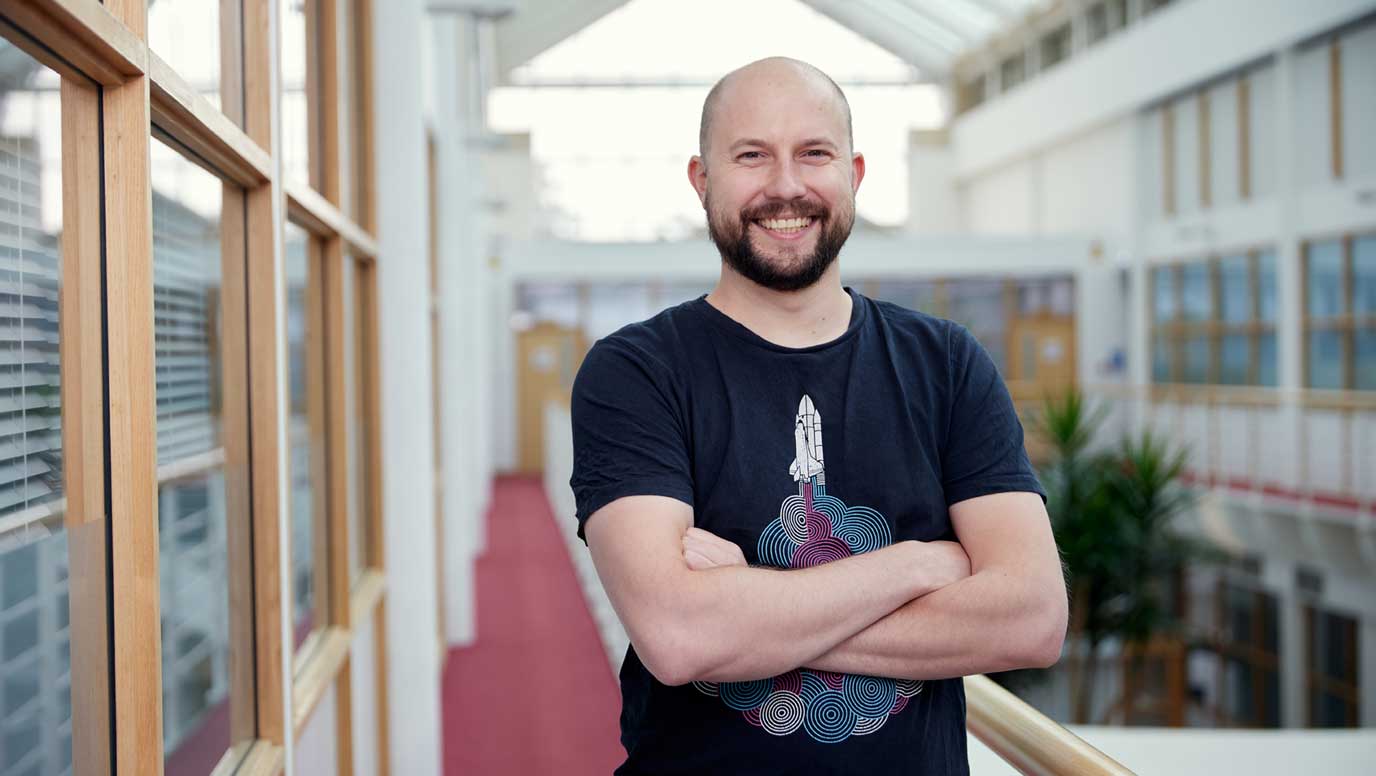More accurate metabolism models at heart of Cambridge-Estonia research

The research project will focus on developing more accurate metabolism models to reduce the reliance on costly laboratory experiments while improving speed, efficiency and sustainability in drug discovery.
The PhD research will address a critical need in modern drug development. To overcome the limited amount of available experimental data, existing predictive models use hybrid approaches that combine machine learning with physics-based methods.
The most accurate physics-based methods are too computationally expensive to apply routinely, so it’s necessary to use faster but less-accurate approximations. This project aims to replace those methods with more efficient and accurate machine learning interatomic potentials (MLIPs).
These improved models will enable pharmaceutical teams to better identify risks associated with drug metabolism and guide the design of optimal compounds for synthesis, saving time and reducing costs while aligning their efforts with green chemistry principles.
This research will specifically target MLIPs for drug-like molecules and metabolism mediated by Cytochrome P450 enzymes, a family responsible for the metabolism of 70-80 per cent of all small molecule drugs.
The developed models will be integrated directly into Optibrium's StarDrop™ platform, enhancing the company's predictive capabilities for real-world drug discovery applications. This integration ensures immediate practical relevance and positions Optibrium to deliver even greater value to pharmaceutical companies seeking efficient and sustainable drug development solutions.
The collaboration forms part of the Marie Sklodowska-Curie Actions (MSCA) COFUND programme INNOCHEMBIO, funded by the European Commission in 2025. This initiative supports the EU's Green Deal objectives by training future experts in sustainable chemistry and biotechnology. INNOCHEMBIO will co-finance 15 PhD positions in total, with the first call for applications now open.
Mario Öeren, Principal Scientist, Optibrium, and Senior Researcher, TalTech, said: “Industry-academia collaborations like this provide PhD candidates with unique insights into real-world challenges whilst ensuring their research has immediate practical impact. The models we develop will directly improve our ability to support pharmaceutical researchers in making more informed decisions earlier in the drug discovery process.”
Matthew Segall, Chief Executive Officer, Optibrium, added: “By supporting the next generation of scientists, we’re not only advancing individual careers but also building the expertise needed to overcome the next greatest challenges in drug discovery. Faster and more accurate predictive models allow teams to operate more cost-effectively while minimising waste and conserving resources.”

